A lovely run-in with Sara Deseran at EatDrinkSF’s Taco Knockdown got my writing juices flowing. I was just going to the event, not intending to write about it, take pictures of it, just to enjoy it. A crazy conceit – line up some of SF’s best restaurants and have them make their interpretations of tacos. I am not a purist when it comes to tacos – as long as that balance of savory, acid and crunch exists, and the delivery device (whatever variation of a tortilla) holds up and is not drowned out by too much on top, I am down. I remember giving an ex-boyfriend a mix tape of blues music with the explanation of how every culture has blues music if you step away from the strict chord structure definition – what is fado or flamenco if not a serious case of the blues? Needless to say, the tape did not go over well. Words were exchanged for many many many weeks.
That memory came back strong when Sara and I talked about authenticity and she reminded me of the article she wrote about the subject (well worth the read if you haven’t seen it yet) and it opened a whole floodgate of feelings on the subject. I remembered the panel discussion that SoCal based writer Gustavo Arellano organized and moderated at Eat Real LA in 2011 all about the subject of authentic Mexican food in the United States and basically called bull on the very idea. Even in Mexico it is impossible to put that label on things, and really, why does it matter?
I can’t follow a recipe to save my life which is why I don’t bake. When I read a recipe I see a starting point and flavor guidelines. And then I have to change it up a bit. A cooking teacher in Oaxaca was horrified that I made my chicken broth with some epazote – traditionally, that is not to be added until you are making the soup. But I love to smell epazote and I love the smell of broth as it is cooking and so I put them together and created a great base for my Sopa Azteca, rendering it totally inauthentic. But it tasted damn good.
And that’s the crux of it, because really, when you have an Ichi Sushi or Chaya Brasserie or Dosa or Mekong Kitchen making tacos, you have to know there will be nothing “authentic” about them, and frankly I have no interest in creating a taco denomination. But they will be pretty damn good, and like Sara, I think that is what is most important when it comes to pursuing food.
But how does this relate to mezcal, or why should it? With more people traveling to Oaxaca because of mezcal, this inevitably will lead to lots of discussion about what palenque or mezcaleria or mezcal is authentic, and of course the one upsmanship over who has had the most authentic experience or what constitutes authenticity. Whether it be traveling via car, colectivo, foot or burro to visit a palenque – achieving your alcohol grade by distilling to it, mixing heads and tails, maybe adding just a little bit of water get that 1-2% difference – triple distilling – fermenting in wood or hide – making an ensemble – cultivating silvestres — what makes any of these more, or less, authentic?
Soon we’ll see the final rules and regulations from the Consejo (CRM, previously known as COMERCAM) that will define artesanal, traditional and industrial mezcal — but I doubt they will ever define authentic. This is good and important and gives us guidelines, but what truly matters at the end of the day is if a mezcal tastes good.
Oh, and the judges favorite taco of the night? The simple and traditional (and delicious) birria de chivo from Trick Dog. The crowd favorite? The duck curry from Dosa.

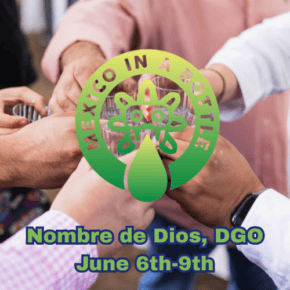
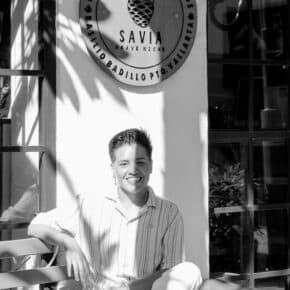

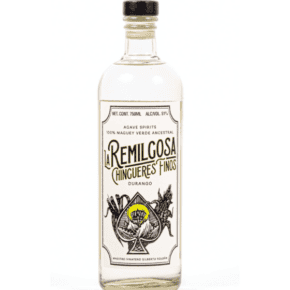
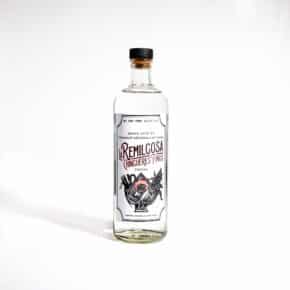
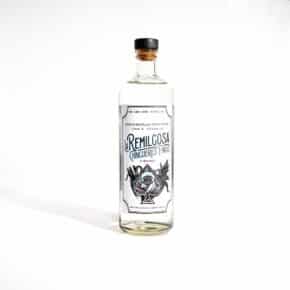






Isn’t this at the crux of all conversations about food? What does authenticity even mean when it means something different to everyone? Thanks for the link to Sara’s article, it’s a good one.
Yes, this is definitely the conversation about food and many other elements of life right now.